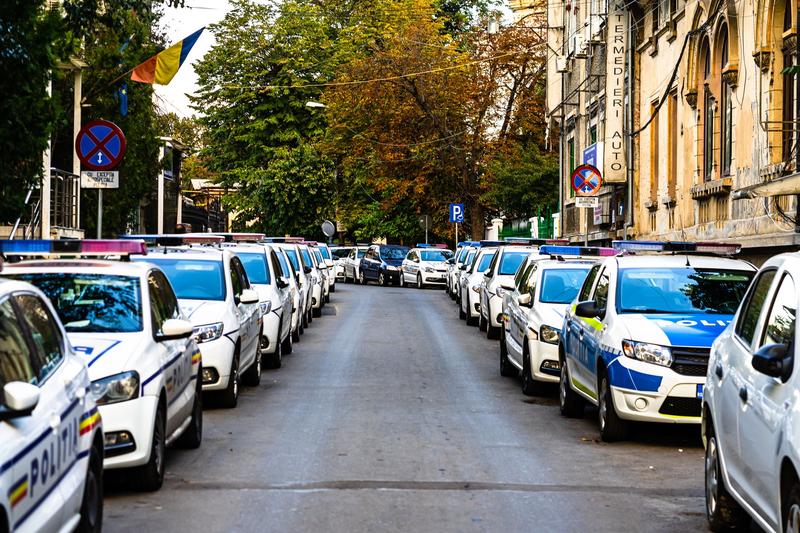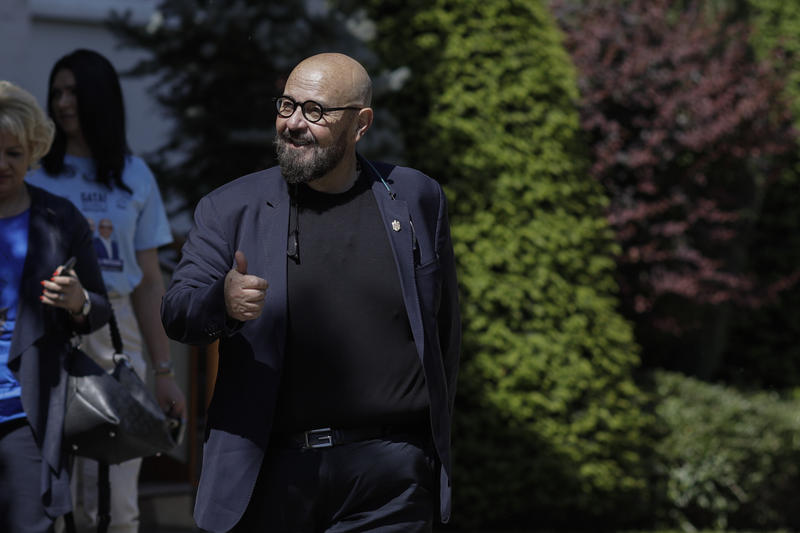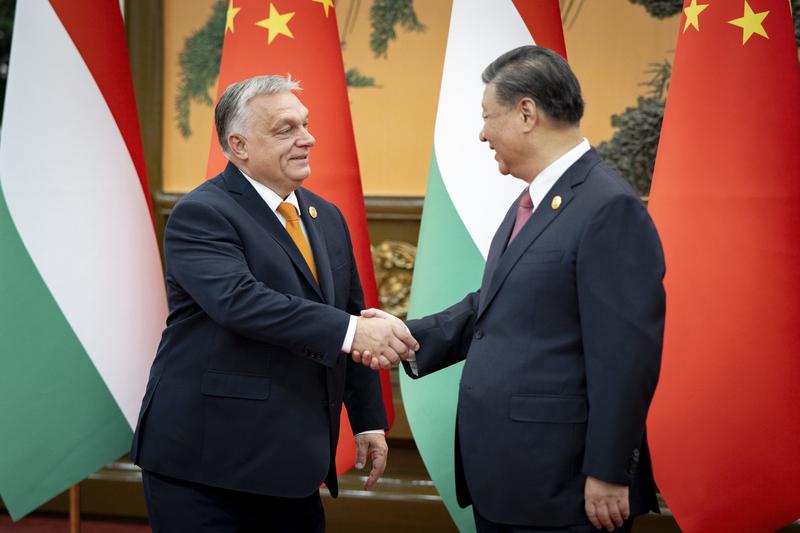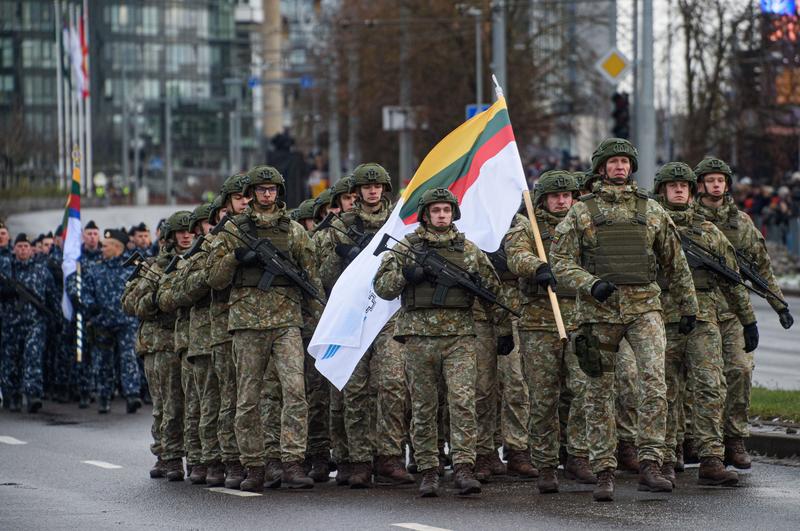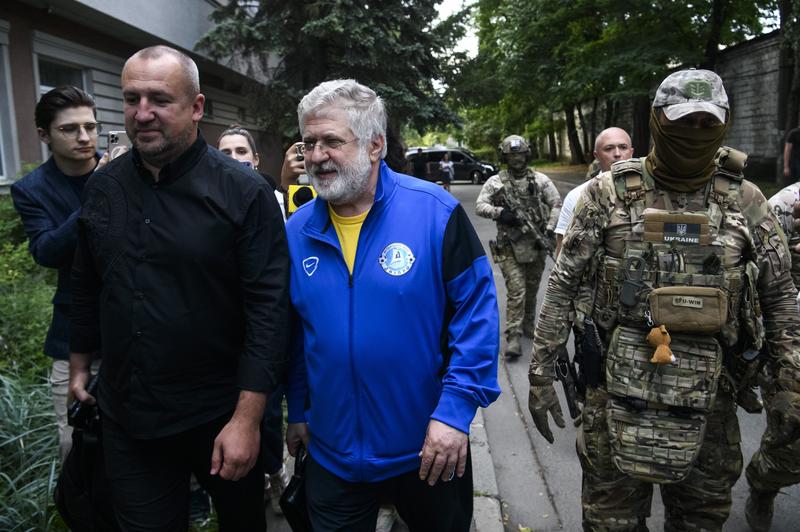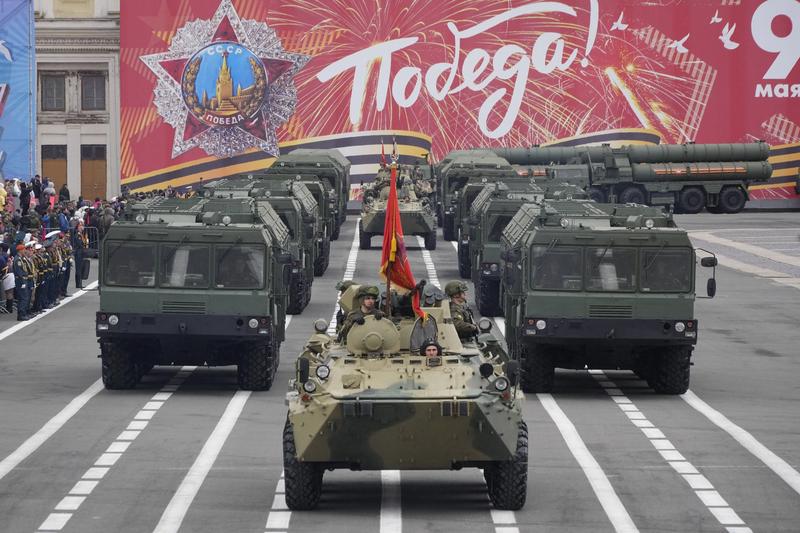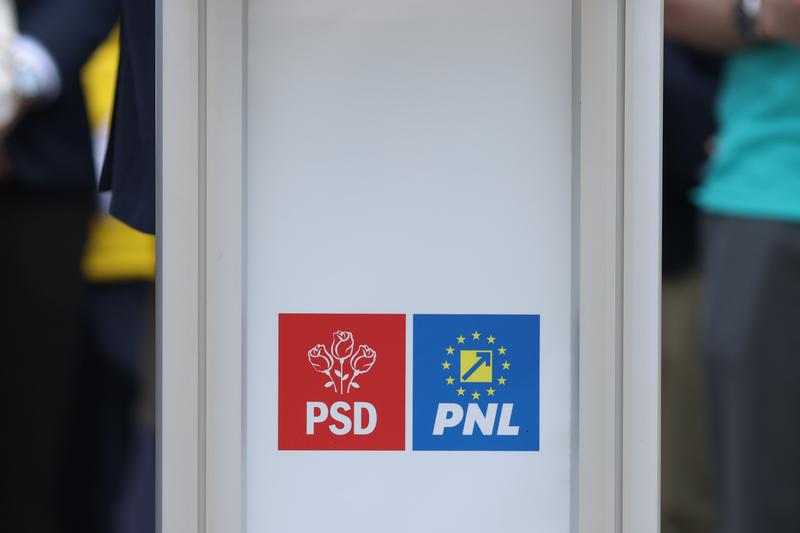Romania is the most distant country from Russia's close neighbours, online publication Slon.ru reads. All those who passed through there know how little it is written or talked about Russia, in contrast with, say, Poland or the Czech republic, where no news coming from Russia goes unnoticed. That's why, Romanian politicians' statement are forgiven in Moscow, as opposed to Poles'. To be more specific, they practically pass unnoticed, except for Foreign Affairs staff whose job implies observing what those to little known to the Russian public opinion are doing as well.
Anyone in Russia knows about the Polish president Lech Kaczynsky and his anti-Russian position. The Romanian president Traian Basescu, re-elected for a second mandate, and not without a fuss, is barely known. It's a shame, because he's an interesting character who, in contrast to his predecessors, talks a lot about Russia, mostly against it.
Moscow's attitude to Basescu - the quoted publication goes on - may be perfectly illustrated by the fact that immediately after the vote count, instead of the implied congratulations for his victory, the Russian Foreign Affairs Ministry accused the elected president again of unfriendly statements during the electoral campaign. The Romanian press implied that the Russian diplomacy's discontent was triggered by Basescu's comments about his counter-candidate Senate speaker Mircea Geoana unofficial visit to Moscow.
The visit took place in April, but Basescu permanently reminded him of this episode: how dared he go to Russia without the chief of state's approval, and what did he do there? Officially, Geoana, the Romanian social-democratic leader, was a guest at the legal Russian colleges’ congress, but president Basescu rejected this explanation.
In contrast to his predecessors, Basescu not only talks, but also acts. Never in its history did Romania promote such an open policy of recruiting Romanian citizens from Moldova, Ukraine and, implicitly, the Moldavians from Russia. The fact that the Romanian flag was exposed in April on the Moldavian Parliament's building and Moldova is still left to chaos to this day, is a direct consequence of this policy, even if there aren't any specific proof of Romania's involvement in the social unrest at that time, Slon.ru notes.
The problem is that Romania does not recognise the Ribbentrop-Molotov Pact and that is why it considers all those living in Basarabia and North Bucovina when the USSR fell its own citizens, but also all their descendants that spread all over the USSR, including by using the NKDV help. Therefore, after the USSR dismantling, Moldavian and Ukrainian citizen who had lived in Basarabia or North Bucovina may obtain Romanian citizenship through a simplified procedure.
Basescu made the patriotic hearts beat stronger. He brought Romania in the EU, opening the West-European markets for those owning a Romanian passport. It was then when in Chisinau and Cernauti long queues started to form to get these passports. It is obvious that the politics of "the president of all Romanians" could not have gone pass without raising questions in Chisinau and Kiev, the publication reads. Basescu became a nightmare for both capitals.
Last summer, Basescu advised Vladimir Voronin, who led Moldova for quite a number of years, to not forget Ceausescu's fate. Shortly after, Voronin declared that he was tired and resigned. During his mandate, Romania won the debate against Ukraine on the Snakes' Island. After the Russia - Georgia war in August 2008, Ukrainian politicians and officials started to accuse Romania of expansionist tendencies and distributing Romanian passports to Ukrainians.
In what concerns Russia, it is pretty clear there isn't any close friendship between Kremlin and the Cotroceni Palace, especially as long as Moscow will continue to regard Moldova as its area of influence. Slon.ru reads that the Romanian press noticed immediately the conclusions drawn by the American Centre of Studies and Research, Stratfor, according to which Basescu is labelled "main Kremlin enemy from the Balkans". The study reads between the lines that the political instability from Romania is in Russia's advantage.

